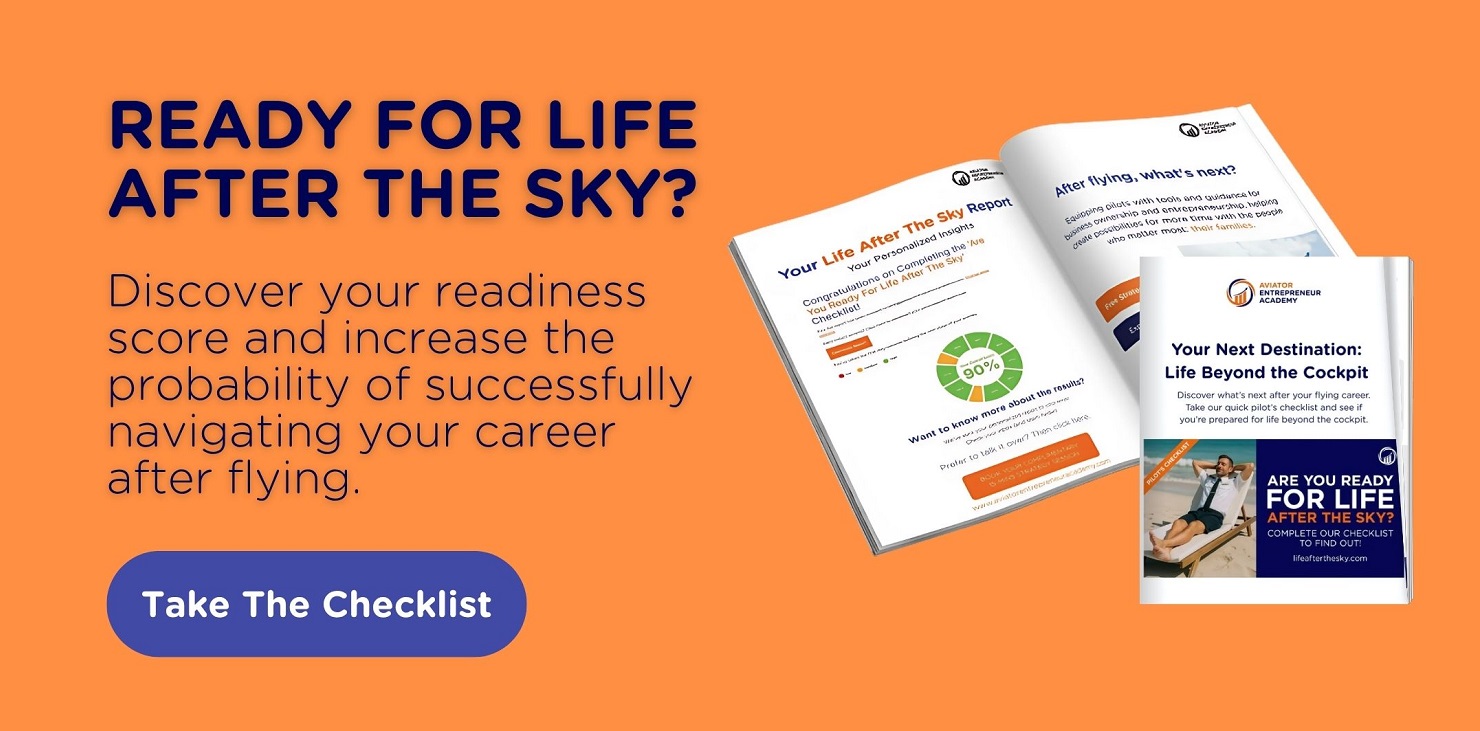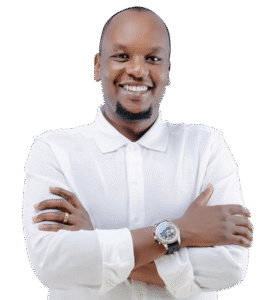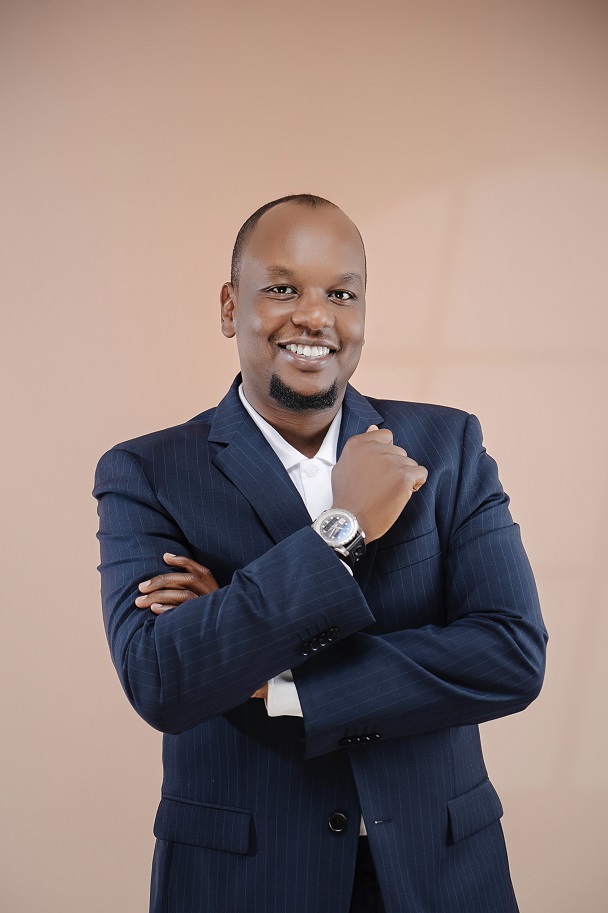Most of us were taught math in a way that never made sense.
We memorized formulas, did mental gymnastics with decimals, and somehow still walked away unsure how to split a bill or calculate interest. Sounds familiar?
But one moment can change everything. For me, it happened in Nice, France. It wasn’t a finance class or a TED Talk.
It was a fellow pilot doing math, but backwards.
Key Takeaways: The Math School Missed
- Why left-to-right thinking matters: In real life, we speak and use money from biggest to smallest, but school taught us the opposite.
- What school missed: We were never shown how math connects to daily financial decisions.
- Mental math matters: Estimating tips, interest, and percentages is life math, not just classroom math.
- Pilots have the skills already: Monitoring systems, managing risk, and thinking ahead. These skills transfer directly to money.
- Take the Scorecard: Get a pilot-grade view of your financial mindset and begin taking control today.

The Tiramisu That Changed Everything
It was the summer of 2018 in Nice, France. I was there with my crew, winding down after a long day in a local restaurant with a dessert I’ll never forget.
And I mean that literally. The tiramisu? Still the best I’ve ever had.
But what really stuck with me wasn’t the dessert. It was a moment that quietly unraveled years of how I’d thought about numbers, money, and confidence.
When we began splitting the bill, I noticed something. One of my colleagues, Kiko, was doing the math faster than anyone else at the table. No phone, no scribbled napkin math.
Just quiet, top-down logic.
Curious, I leaned in and asked, “How did you do it so quickly?”
She smiled. “Easy. It’s an abacus. In Japan, we learn this way in school.” Abacus? Like the wooden counting tool with beads?
One sentence changed everything. It took me down a deep rabbit hole. I learned that in Japan, and many parts of Asia, students learn to calculate from left to right.
And this is when it hit me:
We were taught math backwards.
Why Left-to-Right Thinking Matters
When someone says “two thousand three hundred and forty-five dollars,” how do you picture it?
Chances are, you imagine the 2 first—the thousands. Then comes the 3—the hundreds. From there, you work your way down. Left to right. Largest to smallest.
However, in school, many of us were taught the opposite. We learned to solve math starting from the right. Add the ones, carry the tens, then deal with the hundreds. It worked fine on paper, but in real life? It disconnects us from the way we use money.
Countries like Japan, China, and Singapore don’t make this mistake. Their students learn math visually, conceptually, and in ways that mirror everyday life.
It’s no surprise those countries consistently top global math rankings. In 2023, for example, Singapore ranked first according to the PISA (Programme for International Student Assessment) results. It is a global test that measures 15-year-olds’ abilities in reading, math, and science every three years.
What School Never Taught Us About Money
You can be brilliant, capable, and even responsible… and still feel lost when it comes to money.
It’s because most of us were never taught how money works.
No one said: “Here’s how to think about a mortgage.”
No one showed: “This is how compound interest becomes your best friend (or worst enemy).”
Let’s break down just a few things we weren’t taught but absolutely need to know:
1. Mental Math in Real Life
Estimating tips, calculating percentages, and spotting a bad deal are everyday survival skills. If math gave us anxiety in school, we likely avoid it now. That avoidance costs us quietly and consistently.
2. Interest: The Silent Force
School taught us what interest is. But it rarely showed us how it works in real time.
- An 18% APR on a credit card? That’s financial quicksand.
- A 5% compound interest on your savings? That’s future freedom.
We were not taught any of this. We don’t need Wall Street training. Just basic literacy can also make a big impact.
3. Order of Magnitude
Can you intuitively feel the difference between a million and a billion? Most can’t.
- One million seconds = 12 days.
- One billion seconds = 32 years.
Even Richard Branson, early in his career, admitted that “a million” and “a billion” sounded equally massive until someone explained the difference using seconds. Realizing that a billion was not just more, but a thousand times more, changed how he thought about money.
Budgeting = Life Math
This isn’t algebra. It’s addition and subtraction. But shame, fear, and confusion often block us from facing it. So we outsource our money management or avoid it altogether, keeping ourselves in the dark.
Reclaiming Financial Confidence (Without Becoming a CPA)
Financial confidence isn’t about spreadsheets or tax codes. It’s about clarity, which comes from paying attention without fear. According to the World Economic Forum, over 50% of the people in the U.S. lack financial literacy, and pilots are among them.
You already know how to monitor systems under pressure, troubleshoot in real time, and follow a checklist to avoid disaster. Money is no different. The cockpit skills transfer. We just haven’t been shown how until now.
Here’s how to do it:
- Start Where You Are: Open your banking app. Look at your last 7 days. Are your expenses aligned with your values? Awareness is power.
- Build Tiny Habits: Spend 5 minutes a week reviewing your accounts. Not to judge yourself. Just to notice. That little ritual compounds into clarity.
- Use Simple Tools: You don’t need to build a macro-heavy Excel sheet. A simple budget app or a notepad is enough. Keep it real. Keep it regular.
- Talk About It: Financial shame grows in silence. Share what you’re learning. Talk to a friend or partner. Normalize financial curiosity.
Final Approach: Numeracy Is Your Flight Instrument
Think of numeracy as our personal altimeter in business and life. It tells us where we are, when to climb, when to descend, and when to adjust course.
When pilots say, “I’m just not good with money,” what they usually mean is, “I was never shown how numbers actually matter to me.”
Here’s the truth:
We don’t need to master calculus. We need to stop outsourcing our confidence to luck, advisors(loan sharks), or autopilot(it will figure itself out syndrome).
All we’re missing is the right cockpit view of our finances.
Your Pre-Flight Financial Check Begins Here
Before you launch into entrepreneurship, a career shift, or even just a new financial season…
Run the Life After the Sky Checklist.
It’s a pilot-grade mindset assessment that helps you:
- Understand your real financial altitude
- Spot your strong points and blind spots
- Take ownership without overwhelm
Remember, clarity doesn’t come from knowing everything; it comes from acting on what you already know.
Take the Checklist now and start navigating your money like a financial ninja.
Invitation to join our FREE Strategy Session
Most pilots are one honest conversation away from clarity. This is that conversation.
Complete our “Life After the Sky” checklist, then join me for a FREE 15-minute “Strategy Session” via Zoom.
This session has been created for pilots who want to take ownership of what comes next.
Those who want action, not just to talk about it.
In just 15 minutes, we’ll:
- Review your checklist results
- Identify the one obstacle holding back your reinvention
Translate your checklist results into a clear starting point! Start your pre-flight assessment for the next chapter of your journey by Booking your free strategy session here!



